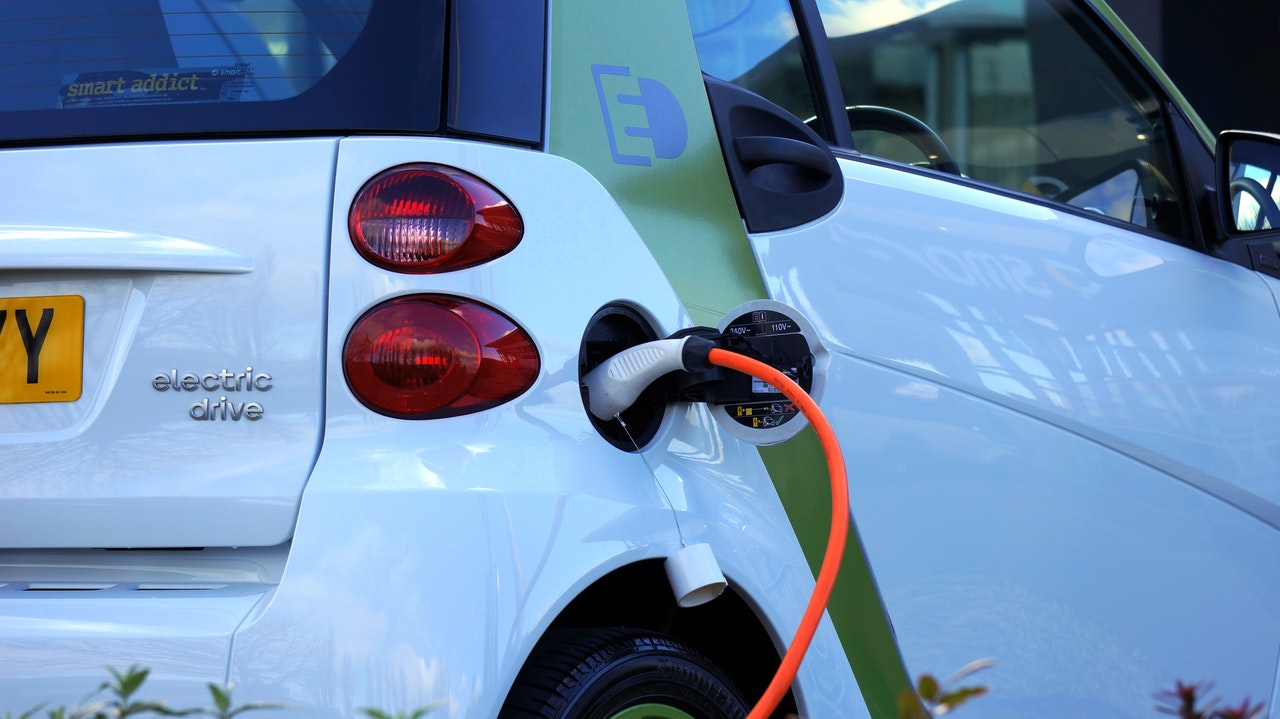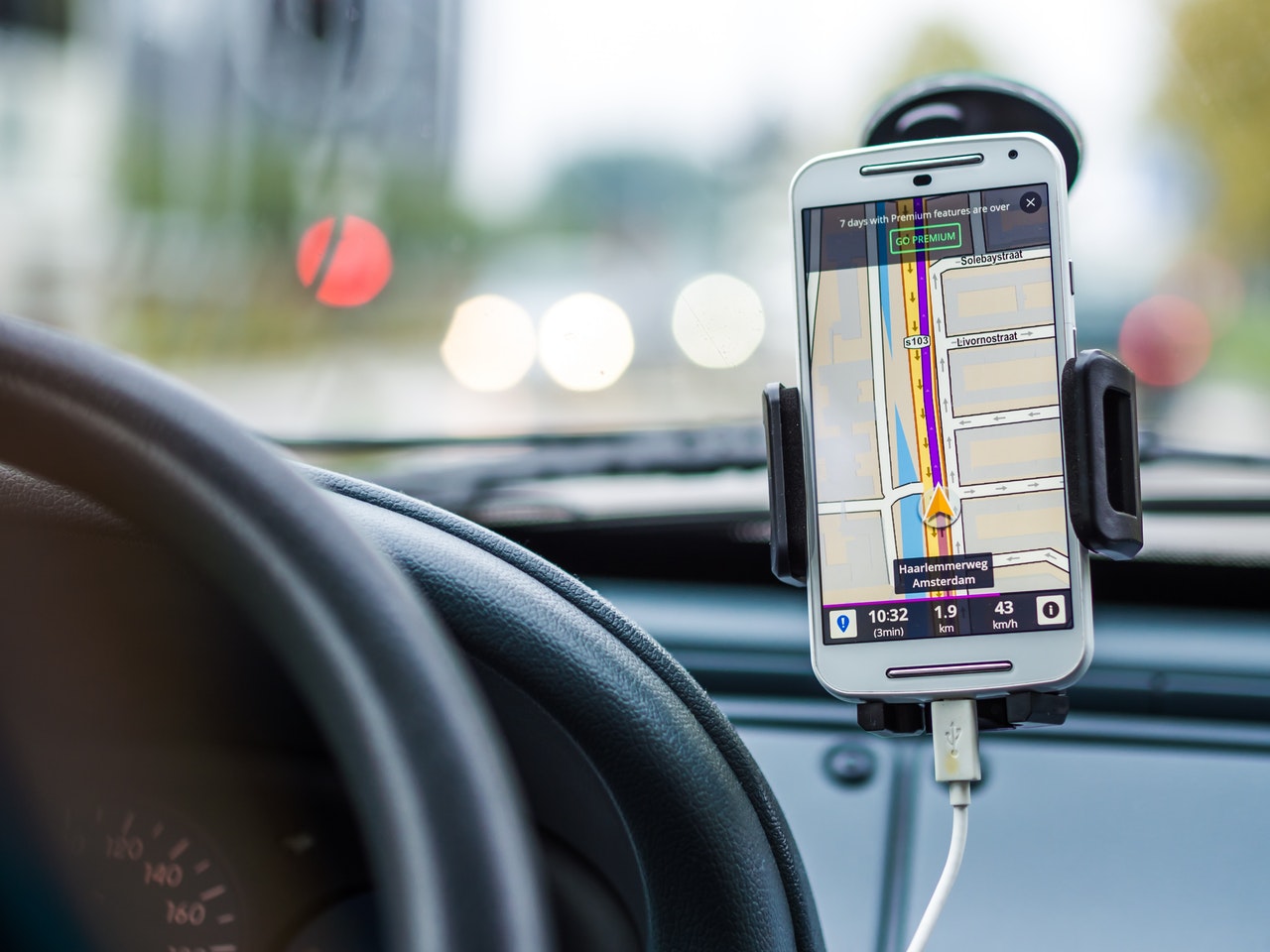Last Update: July 30, 2019

All vehicles need to be refueled. Gasoline/Diesel vehicles must be taken to gas stations for refueling just like electric vehicles need to be taken to charging stations. The only practical difference is the amount of time required for one or the other.
If the recharging experience were outrageous, then yes of course that would be a reason to not buy an electric car or motorcycle. But charging an EV is very easy and straight forward.
It seems that many people aren't thinking about this logically. Often the unknown looks scary until the thing is experienced. Since most people have yet to experience an electric car, they are unfamiliar.
Some known objections are:
- Electric car charging always takes a long time
- Charging is inconvenient
- Charging stations hard to find, especially between cities
- Inability to make a road trip
Anywhere we go we bring expectations. In this case society has 120+ years of collective gasoline/diesel experience. That taught us to expect 300+ miles driving range and 5 minutes to refuel.
Electric cars do not yet fulfill those expectations. Most of those objections are inaccurate, but at the end of the day an inability to refuel 300+ miles range in 5 minutes is a perceived show stopper.
For example, I perceive that Okra is a slimy food and therefore it is horrible and I won't eat it. It doesn't matter how many people tell me Okra is wonderful, or how much effort my Grandfather put into growing Okra, it's slimy and I won't eat it. Obviously that's my perception and if I were to somehow get past "Icky Slimy" then I might find it enjoyable.
That's how Humans work inside. Our perceived ideas about things cloud our judgement and can block us from something that we might like.
Does electric car charging always take a long time? Nope.
Electric car or motorcycle specifications always list the estimated driving range, and estimated charging time. The charging time is always quoted from empty. For GM's Chevy Bolt, 240 miles range, the charging time on an AC level 2 charger, from empty, is about 10 hours. On DC fast charging, followed by AC charging to top off, it may be 1 1/2 hours, from empty.
That looks like a long time, but in reality we rarely charge from empty.
On average folks drive 40 miles or less per day. That's about 1/6th the range of the Bolt EV. On a 6 kiloWatt AC charging station that's 1 1/2 hours of charging time to top off.
See Typical daily driving needs, on electricity
If 1 1/2 hours of charging seems too much consider: How long does it take to charge a cell phone? Do you even know how long it takes, or do you even notice how long it takes, to recharge a cell phone?

To charge a cell phone we plug in, then walk away. When we retrieve the cell phone it's usually fully charged ready to go.
The same is true for an electric car - most of the time. We get home, plug in, go inside and kiss the spouse, and it's fully charged in the morning. We get to the office, plug in, go inside, work all day, then drive home to plug in, go inside, etc.
This is very important. You plug in, and walk away. The time consumed is simply the time required to plug in. The time consumed to recharge an electric car is NOT the recharging time.
Is charging an electric car inconvenient? Nope
We just said it, you plug in and then walk away. It takes maybe a minute.
With a charging station at home, you have the luxury of a fully fueled car every morning. Gasoline/diesel car drivers instead have the drudgery of going out or their way to find gas stations and refuel their car.
It is actually the gasoline/diesel driver who is inconvenienced. Yes a gasoline station is almost always 1-2 miles away, but that means you must go out of your way to get to the station.
Electric car charging is sometimes inconvenient when you're away from home. Charging stations are not always available, and sometimes you have nothing else to do except wait for the charging to finish.
See: How and where to charge electric cars in public
See: How do I charge or refuel an electric vehicle?
Are charging stations hard to find? What about between cities?
At the current time (mid-2019) charging station deployment is uneven. Some places have lots of charging places, others not so many.
What we rely on is charging station maps. These come as applications to install on a smart phone, because that's what we do in this age.
See: Smart-phone apps for finding electric car charging station networks
See Electric car charging speed and effective trip speed on road trips
And then it is necessary to join one or more charging station networks. Such networks are like a "club" with which you get access to stations owned by the network. Joining is fairly easy, and it is fortunately becoming common to be able to pay using a credit card.
See: Known electric car charging networks around the world
While in the past most charging stations were installed inside cities, the networks are starting to deploy between cities. This will be needed to support road trips, of course.
Is it difficult to take a road trip with an electric car? Nope.
People have taken electric road trips for years. Even with the first model Nissan Leaf that had a slow 3 kiloWatt charger, dedicated people took electric road trips. But of course that was unpleasant and not what we want to tell people to do.
Over the next couple years the limitations named above will be eased considerably.
Current fast charging is somewhat adequate for long distance trips. There are lots of electric car owners happily taking long trips today, even with the charging infrastructure we have today. But the automakers tell us to expect the charging rate to increase enough, in a couple years, for road trips to be as convenient as they are for gasoline cars.
The best road trip experience is in Tesla's vehicles. Their charging network information is built into the dashboard so you can easily navigate to the next station on your route. The fast charging speed is higher than for other electric cars, making charging stops shorter time. Tesla has an extensive charging network installed along highways, and do their best to colocate with eateries and the like.
For the non-Tesla electric cars, the charging networks are catching up. The charging networks are responding to the 200-300 mile range electric cars coming from non-Tesla automakers. The apps mentioned earlier are as good as what Tesla builds into the dashboard. The charging rate is increasing, and the number of stations are increasing rapidly especially along highways.


